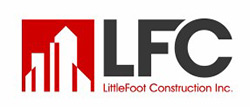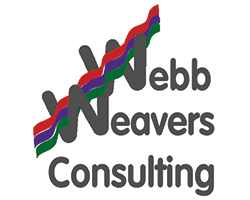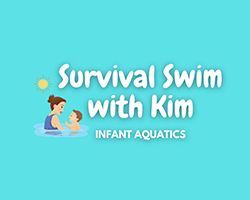Each of us lives our own story. In one way or another, we are surviving or thriving. Last year while in Ecuador, I met a new friend, Karen Marie Dion, who shared about her journey with breast cancer.
As we kick off this year’s Making Strides Against Breast Cancer event, so many individuals and families touched by the big C are sharing their stories. While cancer doesn’t discriminate, and despite its persistent reach, these stories bring to mind thoughts of courage, support, bravery, knowledge and gratitude. Sharing our stories helps the next person, as well as ourselves.
I asked Karen to share some of her story here.
Kim: What’s one thing those struggling
with cancer should know?
Karen: There is hope! Perspective means everything when you’re in the battle for your life. Cancer has become so prevalent, and the typical protocols so daunting; there is plenty of negativity in the day to day. The key is not to let fear guide your decisions, and not to let other people’s outcomes dictate your expectations. Each person’s battle is unique. Science has proven that what we expect, we manifest. With respect to our bodies, that science is called epigenetics. What you think about your outcome has a lot to do with you beating cancer.
Kim: You had breast cancer, not once, but twice. Was it difficult to stay positive, especially the second time?
Karen: The second time was even more emotionally devastating. It took me a few days to process—and stop crying. I had already gone through three surgeries in less than two years at that point. I was weary. You know, when we’re tired everything seems magnified and insurmountable. Eventually I realized it was up to me alone not to succumb to the fear of defeat. I took a long hard look at the facts, did even more research than the first time around, and with my husband’s support, I made some changes. Then I started feasting on inspiration, and the goodness of our Creator. The beauty in this world, the joys of life and love, inspired me to gratitude each day and helped me gain a more positive outlook. Then I began telling the doctors what I would do and how I would heal, rather than listening to statistics.
Kim: You told me you eat an almost entirely organic diet; is that what you mean by making changes?
Karen: I ate an organic, healthy diet before breast cancer, but I got even more serious about what I exposed myself to, yes. I also sought to understand why my immune system wasn’t functioning up to speed. I had complained of some symptoms for years, but the doctor I went to at the time thought it was not a big deal. I found a doctor who listened to my concerns and looked at my entire immune system, instead of just looking at the breast cancer. Immediately, he assisted me in my quest to understand what my body needed to repair itself. I needed more radical surgery and treatment, but I also treated my immune system as we discovered what I was lacking. The result is amazing. I feel better today than I did 20 years ago!
Kim: Wow! You are living proof that beating cancer doesn’t mean living with a subpar quality of life. As you ate healthy before, is there something else you believe contributes to the development of cancer?
Karen: Yes. The type of cancer I had is particularly linked to hormonal imbalances, usually brought about by prolonged, excessive stress. I had tolerated abusive and toxic relationships for much of my life up until I was about 40. Then I went through some very difficult times and suffered adrenal exhaustion. I thought I was being loving by putting up with abuse, but it was only good for the others involved. It was eating away at me, compromising my health emotionally and physically. I had to learn to set healthier boundaries and walk away from codependency. I am grateful for the struggle because I learned a lot about myself, and I emerged on the other side of the battle victorious.
“Never be ashamed of a scar: it means you were stronger than whatever tried to harm you.”
Thank you for sharing your stories. You’re not alone; remember, by reaching out, others won’t feel alone.









